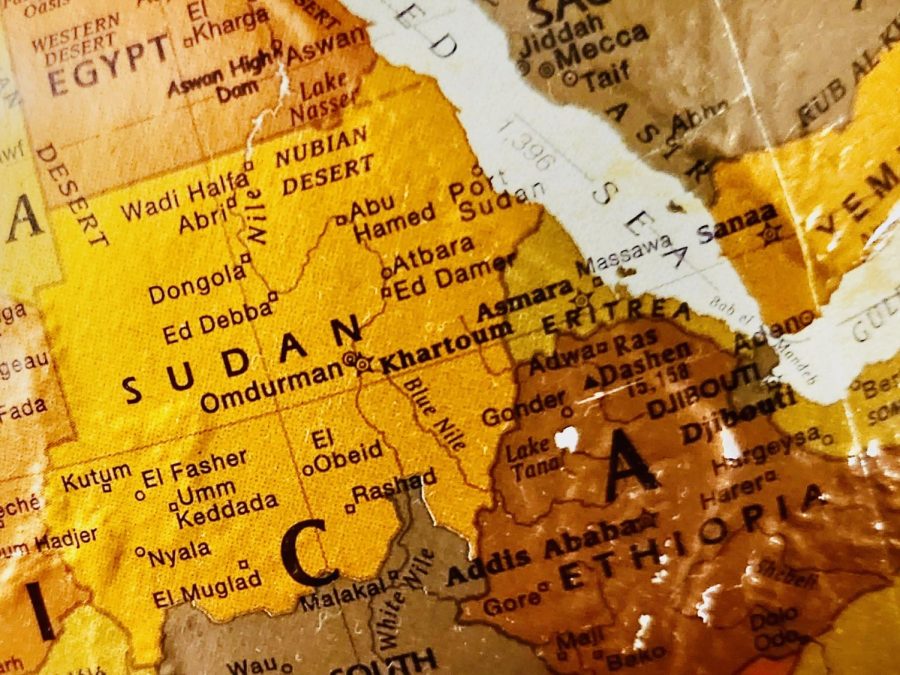Sudan experiences major turmoil: How does our perception of conflict in Africa dictate our response?
Spanning centuries, Africa has been marked by a tumultuous history of conflict and turmoil, stemming from the enduring legacies of colonization, ethnic and religious tensions, and scarcity of resources.
During the past week, Sudan has experienced a major escalation of conflict between two political factions, greatly impacting the stability of the region and the lives of millions on the ground level. Despite the severity of the situation, many experts have cited that news of conflicts in Africa often do not receive the same level of coverage as those in other parts of the world.
“The media here has portrayed Africa negatively. Although some people make racist jokes, whenever you see Africa on TV, it comes off as a poor continent. But, there are highly developed places in Africa — like where I am from. It is nice and it is just like here,” said Nigerian student Oluwatimilehin Titiloye (‘25).
The current situation in Sudan stems from a rivalry between two Sudanese generals fighting for control of the resource-rich nation. The conflict has resulted in hundreds of deaths, thousands of injuries, and the displacement of millions of people. Several countries, including the United States, have evacuated their personnel from Sudan and closed diplomatic missions indefinitely.
“The situation in Sudan has grieved me deeply and I feel that people in Africa should stick together and support countries that are being continuously oppressed,” said Titiloye.
Sudan has a history of internal conflict, with previous instances of armed conflict devastating the region. The 2003 Darfur conflict, for example, witnessed equality groups protest against the Sudanese government’s human rights violations, resulting in an “ethnic cleansing” of non-Muslims. In 2011, South Sudan was founded after a prolonged and violent battle that devastated the region and evoked massive instability.
“As a history teacher, it is unfortunate that our general electorate does not understand or even sympathize with the complexity of problems in regions, continents, and nations far from us,” said US History Teacher Jill Battilega.
While President Joe Biden has issued an executive order to counteract the situation in Sudan, the conflict has received little attention from the international community. Some have drawn comparisons between the level of funding and support provided by the United States in the Russia-Ukraine conflict and the relative deprioritization of conflicts in Africa.
“History has shown us that the US has a variety of options to mediate conflicts. For example, my students just studied how the United States used economic sanctions in South Africa to push for the end of Apartheid. This is an example of using economic power as a form of mediation,” said Battilega.
As conflict continue to ravage Sudan, the African continent, and other places around the world, many have shed light on the travesties of indifference and the responsibilities of the developed world in fostering justice for all people. Until then, as the world turns a deaf ear to the cries of the voiceless, thousands will continue to suffer, millions will endure, and violence will reign unabated for generations to come.
Your donation will support the student journalists in the AVJournalism program. Your contribution will allow us to purchase equipment and cover our annual website hosting costs.

